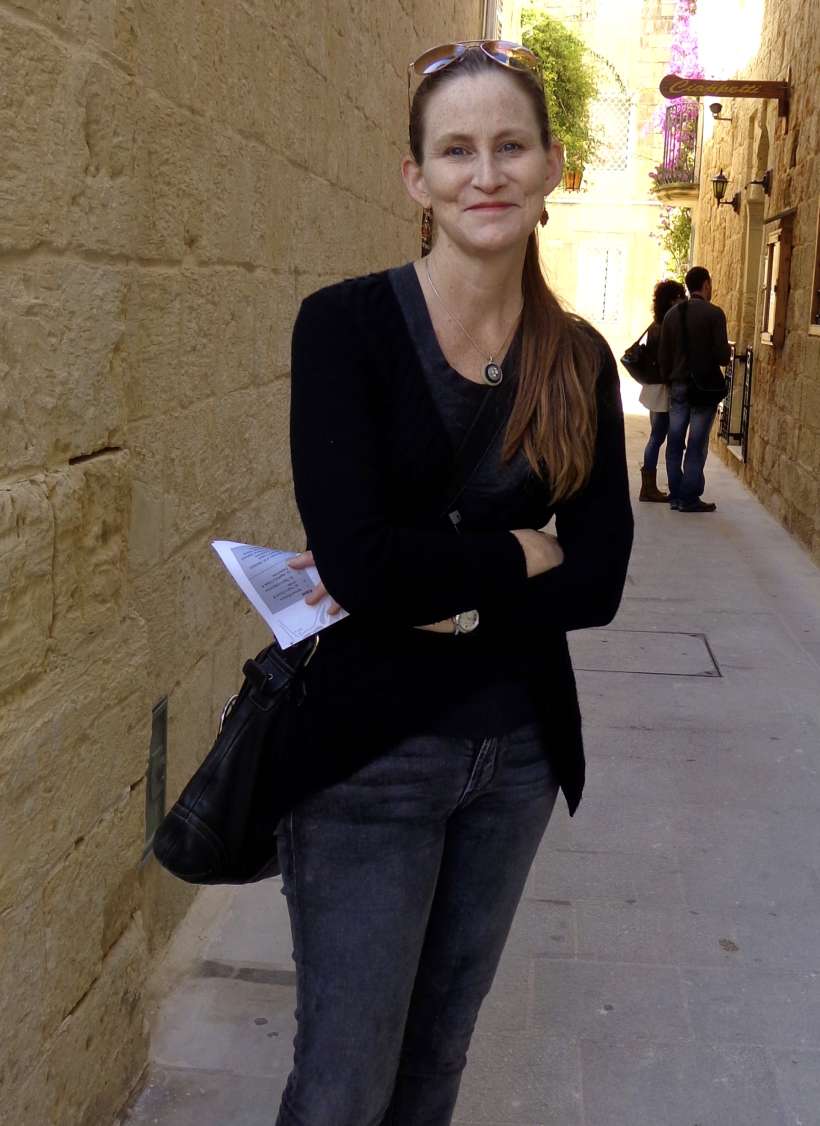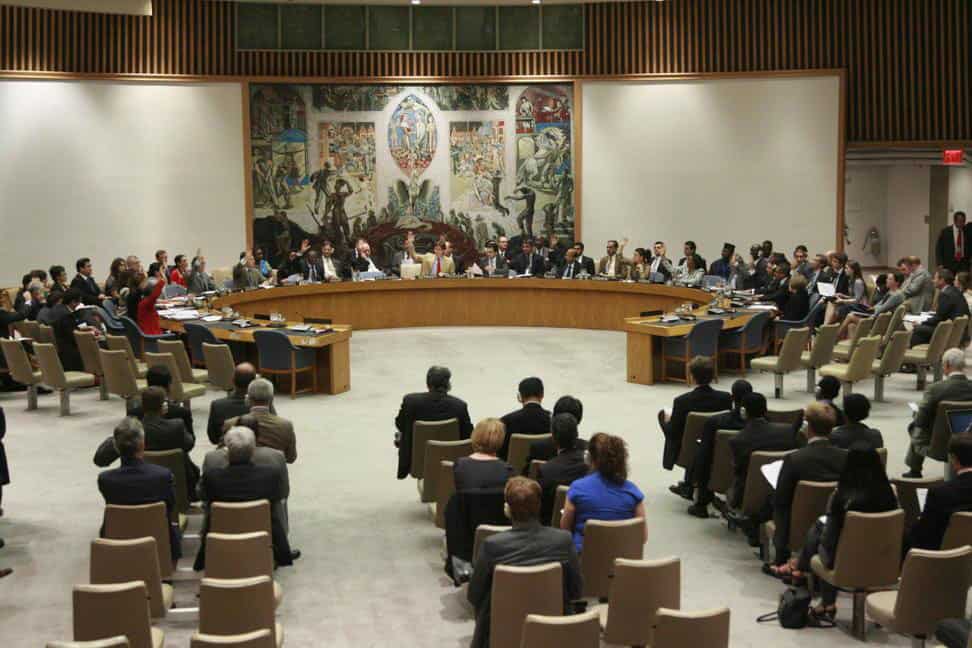Until the end of this month, Allegra will explore an important emerging theme in legal anthropology, namely ‘transitional justice’. The term usually refers to a set of judicial and non-judicial measures that have been implemented by different countries in order to redress the legacies of massive human rights abuses. However, this collection of posts shows that it is important to deconstruct key concepts and to question the vocabulary used in this new field of expression. Building on their field experience in various settings where such programs have been put in place, the contributors to this thematic thread all try to answer important questions to better understand the paradoxical and unintended effects of such initiatives: What is the nature of justice on which ‘transitional justice’ projects rely? Toward which type of society are targeted countries supposed to transition? What can and cannot be said in the context of ‘national reconciliation’?
B ased on long-term fieldwork in Sierra Leone, Rosalind Shaw unpacks the paradoxical effects and ambiguous reception of the Truth and Reconciliation Commission among the people who were supposed to benefit from it. She highlights that for most ‘victims’, telling their stories did not lead to compensation. These observations, she explains, « reframe transitional justice within the contradictions and intersections of post-conflict economies, revealing the ways in which participants’ struggles for post-conflict lives in conditions of structural violence and impoverishment inflects every aspect of their participation in transitional justice mechanisms. ». Read her post here.
ased on long-term fieldwork in Sierra Leone, Rosalind Shaw unpacks the paradoxical effects and ambiguous reception of the Truth and Reconciliation Commission among the people who were supposed to benefit from it. She highlights that for most ‘victims’, telling their stories did not lead to compensation. These observations, she explains, « reframe transitional justice within the contradictions and intersections of post-conflict economies, revealing the ways in which participants’ struggles for post-conflict lives in conditions of structural violence and impoverishment inflects every aspect of their participation in transitional justice mechanisms. ». Read her post here.

Leslie Dwyer, provides a powerful account of the dislocation she experienced when interviewing Balinese survivors of the mass violence of 1965-66 – a state-sponsored purge of alleged communists that left some one million Indonesians dead. She also highlights how the discourse of transitional justice created a gap in representation between the ‘old’ and the young generation, eager to address the memory of the past by embracing master narratives of ‘victims’ vs ‘perpetrators’. Taman 65 – the “1965 Park” – a small square of stone inaugurated by a group of young Balinese people in honour of the victims of the massacres, became a starting point for opening up a space of vigorous dialogue around the violence of the past and its continuing effects on the present. Read her post here.
 Nigel Eltringham’s ethnographic work on the International Criminal Tribunal for Rwanda reverses the gaze by focusing on the conditions under which the judges and the legal personnel had to perform their work. His reflection on the reasons for which such accounts are missing in the scholarship provides an interesting insight on how transnational legal institutions are often conceived by anthropologists: as the disembodied space of the ‘powerful’. Read his post here.
Nigel Eltringham’s ethnographic work on the International Criminal Tribunal for Rwanda reverses the gaze by focusing on the conditions under which the judges and the legal personnel had to perform their work. His reflection on the reasons for which such accounts are missing in the scholarship provides an interesting insight on how transnational legal institutions are often conceived by anthropologists: as the disembodied space of the ‘powerful’. Read his post here.
 To conclude the week, Katrin Seidel reflects on the concept of ‘rule of law’ in the context of the newly created state of South Sudan. Unpacking the ‘culture of expertise’ that the vague ‘rule of law’ agenda nurtures, she highlights the unavoidable aporia of ‘constitution making’ in a country that hardly exists as a nation and whose territorial sovereignty is constantly challenged. Read her post here.
To conclude the week, Katrin Seidel reflects on the concept of ‘rule of law’ in the context of the newly created state of South Sudan. Unpacking the ‘culture of expertise’ that the vague ‘rule of law’ agenda nurtures, she highlights the unavoidable aporia of ‘constitution making’ in a country that hardly exists as a nation and whose territorial sovereignty is constantly challenged. Read her post here.





